A man in Europe donated sperm carrying a rare gene mutation linked to cancer, resulting in at least 67 children born from his sperm between 2008 and 2015, in eight different European countries, of which 23 were confirmed to carry the high-risk gene mutation, at least 10 of whom developed cancer, according to The Guardian.
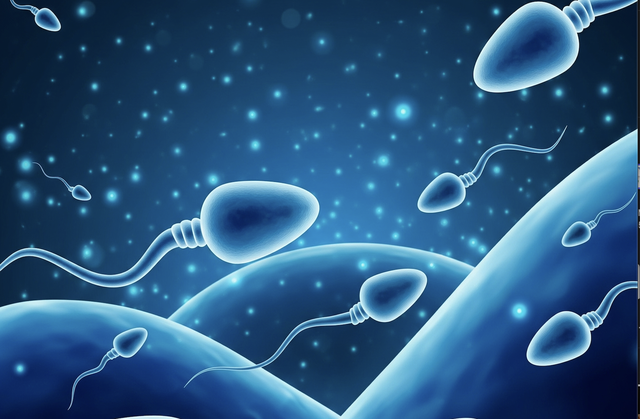
Strict limits on sperm donation needed to control genetic consequences
Photo: AI
According to an investigation conducted by a group of doctors and researchers in the Netherlands, the sperm donor carried a mutation in the TP53 gene - a gene associated with Li-Fraumeni syndrome, which increases the risk of many types of cancer such as leukemia, bone cancer and brain tumors. This syndrome can be passed down from parent to child.
The case only came to light after two families in Europe both had children with the same rare cancer, and both were conceived using donor sperm. Genetic tests showed that both children had the same TP53 gene mutation, raising suspicions that they might have the same biological father.
Further investigation confirmed that both children were conceived using sperm from the same donor, who had donated to a major European sperm bank. However, the rare genetic variant, which was not known to be linked to cancer at the time of the donation in 2008, could not be detected by standard screening techniques.
TP53 gene mutations are difficult to detect.
The European Sperm Bank also said that the donor had undergone medical and genetic testing, and that no abnormalities were found at that time. According to experts, the TP53 gene mutation is difficult to detect without specialized testing, which was not part of the standard testing procedures of sperm banks at that time.
Currently, children with risk genes are recommended to have regular monitoring with whole-body MRI and brain MRI.
Speaking to The Guardian , Professor Nicky Hudson, a fertility expert at De Montfort University (UK), said that the lack of synchronization between countries could cause serious medical consequences, and called for stricter restrictions as well as improved genetic tracing and warning systems.
Source: https://thanhnien.vn/nguoi-hien-tinh-trung-mang-gien-ung-thu-sinh-ra-67-tre-10-em-mac-benh-185250525150511658.htm




![[Photo] Draft documents of the 14th Party Congress reach people at the Commune Cultural Post Offices](https://vphoto.vietnam.vn/thumb/1200x675/vietnam/resource/IMAGE/2025/10/28/1761642182616_du-thao-tai-tinh-hung-yen-4070-5235-jpg.webp)
![[Photo] President Luong Cuong attends the 80th Anniversary of the Traditional Day of the Armed Forces of Military Region 3](https://vphoto.vietnam.vn/thumb/1200x675/vietnam/resource/IMAGE/2025/10/28/1761635584312_ndo_br_1-jpg.webp)


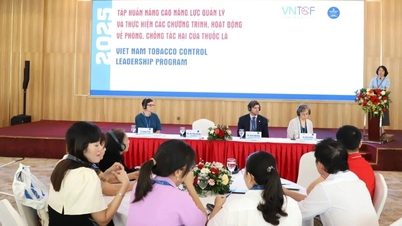


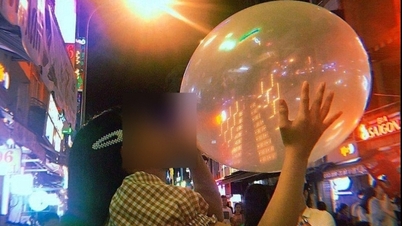

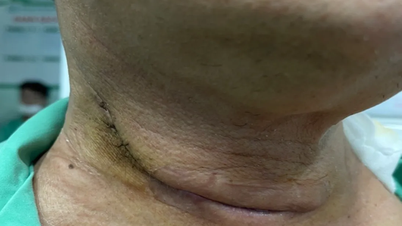

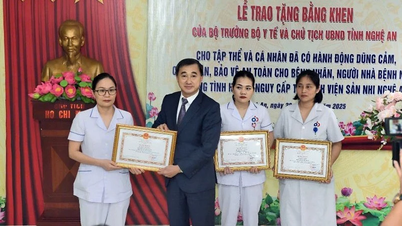








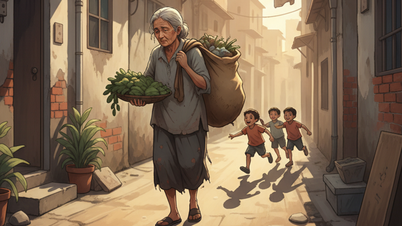

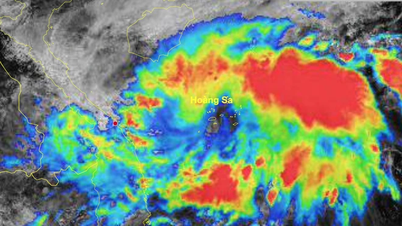


![[Photo] The 5th Patriotic Emulation Congress of the Central Inspection Commission](https://vphoto.vietnam.vn/thumb/1200x675/vietnam/resource/IMAGE/2025/10/27/1761566862838_ndo_br_1-1858-jpg.webp)












































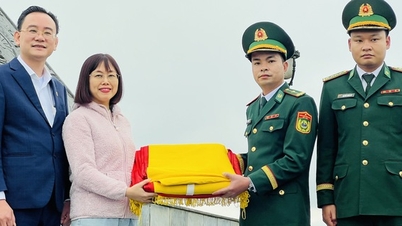


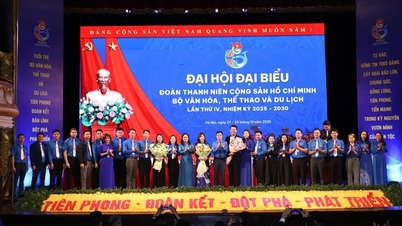
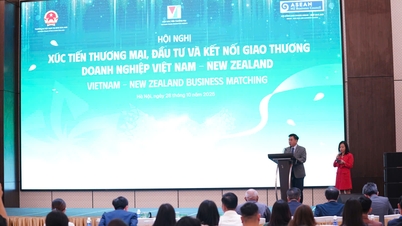

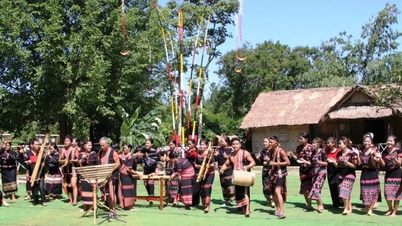




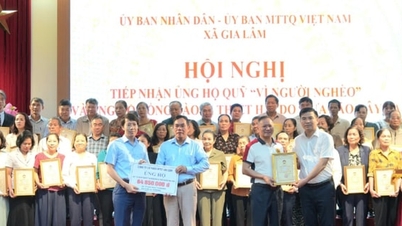

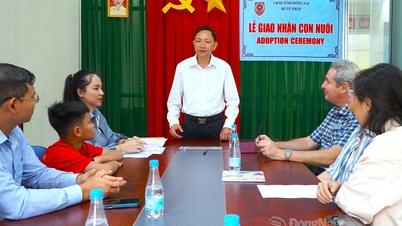

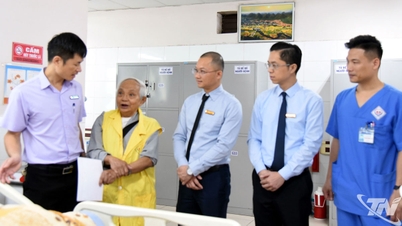

















Comment (0)